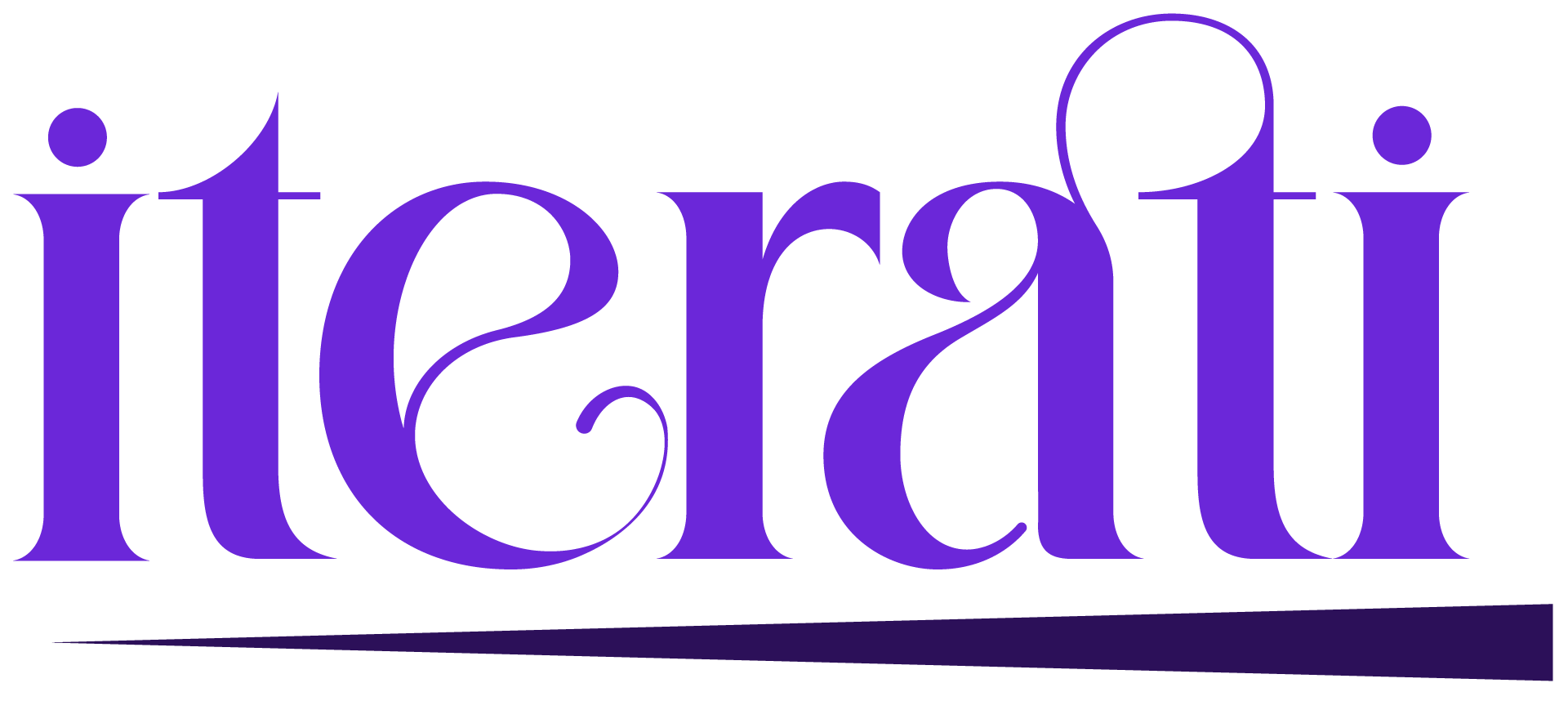In today’s fast-paced digital landscape, small businesses face unprecedented challenges in staying competitive and efficient. With limited resources and budgets, entrepreneurs often struggle to find the right balance between investing in cutting-edge technology and managing day-to-day operations. However, embracing the right tech solutions can be a game-changer for small businesses, enabling them to streamline processes, improve productivity, and drive growth.

What is the Best IT Solution for a Small Business?
As a small business owner, selecting the right IT solution can be overwhelming due to the numerous options available.
- Cloud-based services
- Managed IT services
- Network security solutions
- Productivity software
Cloud-Based Services
Cloud-based services offer scalability, flexibility, and cost-effectiveness, making them an ideal choice for small businesses.
- Microsoft Azure
- Amazon Web Services (AWS)
- Google Cloud Platform (GCP)
Managed IT Services
Managed IT services provide proactive monitoring, maintenance, and support, helping small businesses minimize downtime and maximize efficiency.
- Help desk support
- Network monitoring
- Security updates and patches
Network Security Solutions
Network security solutions protect small businesses from cyber threats, data breaches, and other online risks.
- Firewalls
- Intrusion detection and prevention systems
- User authentication software
Productivity Software
Productivity software enhances collaboration, communication, and workflow management, enabling small businesses to streamline operations and boost productivity.
- Microsoft Office 365
- Google Workspace
- Zoho Workplace
Choosing the Right IT Solution
When selecting an IT solution, consider factors such as scalability, reliability, security, and cost-effectiveness to ensure the chosen solution meets your business needs.
Examples of Technology Solutions
We offer a variety of technology solutions that can drive business growth, including cloud computing, CRM systems, and AI-powered analytics tools.
- Cloud Computing: Cloud computing allows businesses to store and process data online, reducing costs and increasing scalability.
- CRM Systems: Customer relationship management (CRM) systems help businesses manage interactions with customers, improving customer satisfaction and loyalty.
- AI-Powered Analytics Tools: Artificial intelligence (AI)-powered analytics tools enable businesses to gain valuable insights from large datasets, making informed decisions easier.
- Internet of Things (IoT): IoT refers to the network of physical devices, vehicles, home appliances, and other items embedded with sensors, software, and connectivity, allowing them to collect and exchange data.
- Artificial Intelligence (AI): AI involves the development of computer systems able to perform tasks that typically require human intelligence, such as visual perception, speech recognition, decision-making, and translation between languages.
- Blockchain Technology: Blockchain technology enables secure, transparent, and tamper-proof transactions, revolutionizing industries such as finance, supply chain management, and healthcare.
- Cybersecurity Solutions: Cybersecurity solutions protect businesses from cyber threats, ensuring the confidentiality, integrity, and availability of sensitive data.
- Data Analytics Platforms: Data analytics platforms provide businesses with the ability to collect, analyze, and visualize large amounts of data, driving informed decision-making.
- DevOps Tools: DevOps tools facilitate collaboration between development and operations teams, streamlining software development and deployment processes.
- E-commerce Platforms: E-commerce platforms enable businesses to sell products and services online, reaching a wider audience and increasing revenue.
- Enterprise Resource Planning (ERP) Systems: ERP systems integrate various business functions, such as financials, HR, and supply chain management, into a single platform.
- Geographic Information Systems (GIS): GIS technology helps businesses understand and analyze spatial relationships, optimizing location-based decisions.
- Human-Machine Interface (HMI) Solutions: HMI solutions enable humans to interact with machines, improving productivity and efficiency in industries such as manufacturing and logistics.
- Machine Learning (ML) Algorithms: ML algorithms enable businesses to develop predictive models, automating decision-making and improving outcomes.
- Network Security Solutions: Network security solutions protect businesses from cyber threats, ensuring the confidentiality, integrity, and availability of sensitive data.
- Project Management Software: Project management software helps businesses plan, organize, and execute projects efficiently, improving timelines and budgets.
- Risk Management Tools: Risk management tools enable businesses to identify, assess, and mitigate risks, ensuring compliance and minimizing losses.
- Social Media Management Tools: Social media management tools help businesses manage social media presence, engage with customers, and track performance.
- Supply Chain Management (SCM) Systems: SCM systems optimize supply chain operations, improving inventory management, shipping, and logistics.
- User Experience (UX) Design Tools: UX design tools enable businesses to create user-centered designs, improving customer satisfaction and loyalty.
- Virtual Reality (VR) and Augmented Reality (AR) Solutions: VR and AR solutions enhance customer experiences, improving engagement and conversion rates.
- Web Development Frameworks: Web development frameworks enable businesses to build scalable, secure, and high-performance web applications.

How Can Technology Help Small Businesses?
As a small business owner, leveraging technology can significantly enhance your operations, improve customer engagement, and drive growth.
-
Streamline Operations:
Implementing cloud-based accounting software, such as QuickBooks, can automate tasks, reduce errors, and provide real-time financial insights.
-
Improve Customer Engagement:
Utilize social media platforms, like Facebook and Twitter, to connect with customers, share updates, and offer personalized support.
-
Enhance Productivity:
Invest in project management tools, such as Trello or Asana, to assign tasks, track progress, and collaborate with team members.
-
Reduce Costs:
Adopt energy-efficient practices, like using LED lighting, to minimize utility expenses and reduce environmental impact.
In addition to these benefits, technology can also help small businesses stay competitive by:
-
Providing Real-Time Insights:
Utilize data analytics tools, such as Google Analytics, to gain valuable insights into customer behavior, website traffic, and sales patterns.
-
Improving Supply Chain Management:
Implement inventory management systems, like TradeGecko, to optimize stock levels, reduce waste, and enhance delivery times.
-
Fostering Innovation:
Encourage a culture of innovation by investing in employee training programs, hackathons, or ideation sessions.
By embracing technology, small businesses can level the playing field, stay agile, and thrive in today’s fast-paced market.

What Are Business Technology Solutions?
Business technology solutions encompass all technologies that aid an organization in running its business and operational processes.
- These solutions can include customer-facing applications and services, business-critical production and logistics solutions, or back-office financial systems.
- They aim to enhance efficiency, productivity, and decision-making capabilities within an organization.
Types of Business Technology Solutions:
- Customer-Facing Applications: These solutions enable businesses to interact with customers through various channels, such as mobile apps, websites, and social media platforms.
- Business-Critical Production and Logistics Solutions: These solutions streamline supply chain management, inventory control, and order fulfillment processes.
- Back-Office Financial Systems: These solutions manage financial transactions, accounting, and reporting functions.
Benefits of Implementing Business Technology Solutions:
- Improved Efficiency and Productivity
- Enhanced Decision-Making Capabilities
- Increased Customer Satisfaction
- Competitive Advantage
Best Practices for Implementing Business Technology Solutions:
- Conduct thorough needs assessments and requirements gathering
- Select solutions that align with business goals and objectives
- Develop a comprehensive implementation plan
- Provide ongoing training and support
Examples of Business Technology Solutions Providers:
- SAP
- Oracle
- Microsoft
- IBM
By understanding the types of business technology solutions available and implementing them effectively, organizations can gain a competitive edge and drive success in today’s fast-paced business environment.
Smart Business Solutions
We specialize in providing innovative management solutions tailored to meet the unique needs of businesses and organizations.
- Our expertise lies in applying and transferring international standard management techniques and tools, which have been successfully implemented worldwide for nearly thirty years.
- We pride ourselves on our ability to adapt and implement these proven methods in various industries and settings, ensuring seamless integration and optimal results.
- As an authorized partner of Swiss Create, we leverage their extensive knowledge and resources to deliver high-quality solutions that drive business growth and success.
Key Features of Our Smart Business Solutions
- Customized Management Strategies: We develop tailored plans that cater to the distinct needs and goals of each client, ensuring maximum effectiveness and efficiency.
- International Standard Techniques: Our team applies and adapts internationally recognized management methods, guaranteeing consistency and reliability across all projects.
- Expertise in Various Industries: We possess in-depth knowledge and experience in diverse sectors, enabling us to provide informed and effective solutions.
- Seamless Integration: Our solutions are carefully designed to integrate seamlessly into existing systems and processes, minimizing disruption and maximizing productivity.
Why Choose Us?
- Proven Track Record: Our team has a long history of successful implementations worldwide, demonstrating our commitment to excellence and results-driven approach.
- Personalized Service: We take the time to understand each client’s unique needs and goals, ensuring that our solutions are tailored to meet their specific requirements.
- Collaborative Approach: We work closely with clients to ensure a smooth transition and ongoing support, fostering strong relationships built on trust and mutual understanding.
Get Started Today!
Contact us to learn more about how our Smart Business Solutions can benefit your organization and propel you towards success.

Three Essential Types of Technology in Business
We’re living in a world where technology plays a vital role in every aspect of our lives, including business.
-
Hardware Technology
Hardware technology refers to the physical components of a computer system, such as laptops, desktops, servers, and mobile devices.
This type of technology enables businesses to store, process, and manage large amounts of data efficiently.
Examples of hardware technology include:
- Laptops and desktop computers
- Smartphones and tablets
- Printers and scanners
- Networking equipment
-
Software Technology
Software technology refers to the programs and applications that run on computer systems, enabling businesses to perform various tasks and operations.
This type of technology includes operating systems, productivity software, and specialized applications.
Examples of software technology include:
- Microsoft Office and Google Workspace
- Customer relationship management (CRM) software
- E-commerce platforms
- Accounting and financial management software
-
Information Technology (IT)
Information technology (IT) refers to the use of computers, storage, networking, and other physical devices, infrastructure, and processes to create, process, store, secure, and exchange all forms of organized data.
This type of technology enables businesses to collect, analyze, and interpret data to make informed decisions.
Examples of IT technology include:
- Data analytics and business intelligence tools
- Cybersecurity measures
- Cloud computing services
- Database management systems
In today’s fast-paced business environment, having the right technology in place can make all the difference between success and failure.
By understanding the three essential types of technology in business – hardware, software, and IT – you’ll be better equipped to navigate the complex landscape of modern business and make informed decisions about how to leverage technology to drive growth and profitability.
Conclusion
The three types of technology in business – hardware, software, and IT – are interconnected and play critical roles in driving business success.
By investing in these technologies and staying up-to-date with the latest trends and innovations, businesses can gain a competitive edge and achieve their goals.




0 Comments